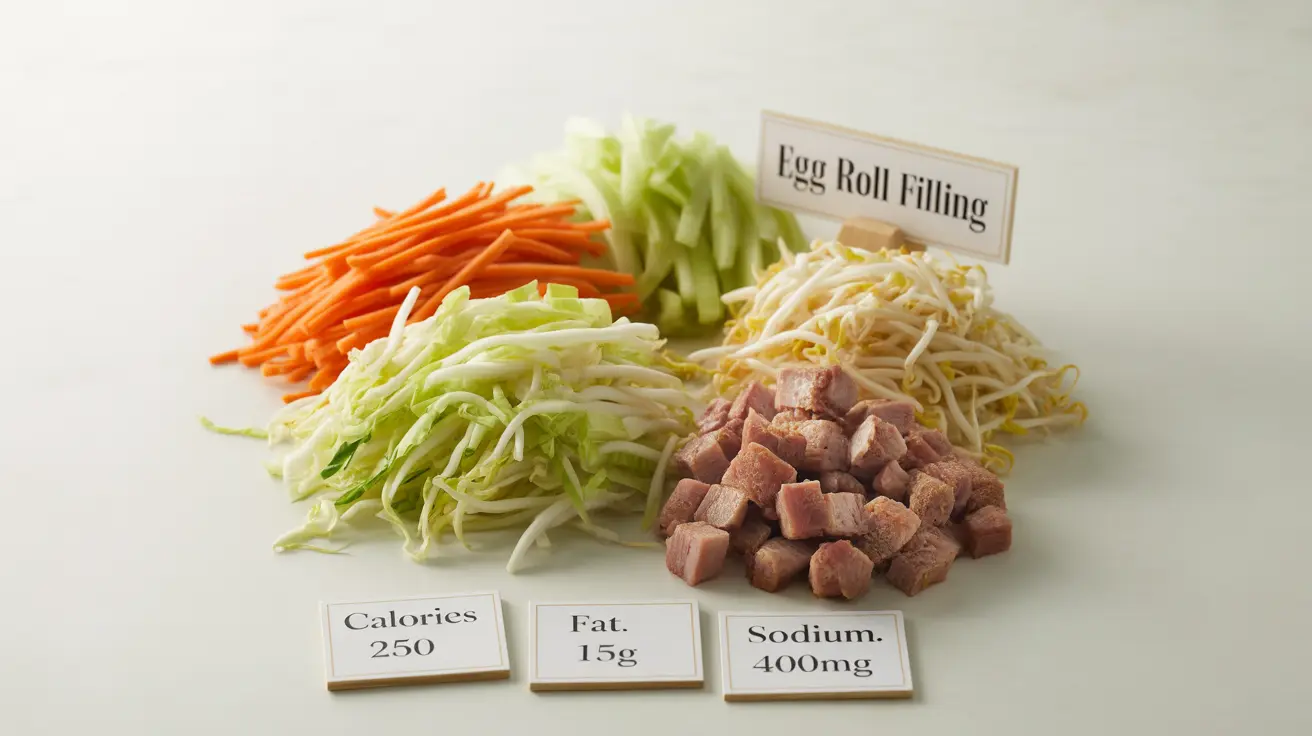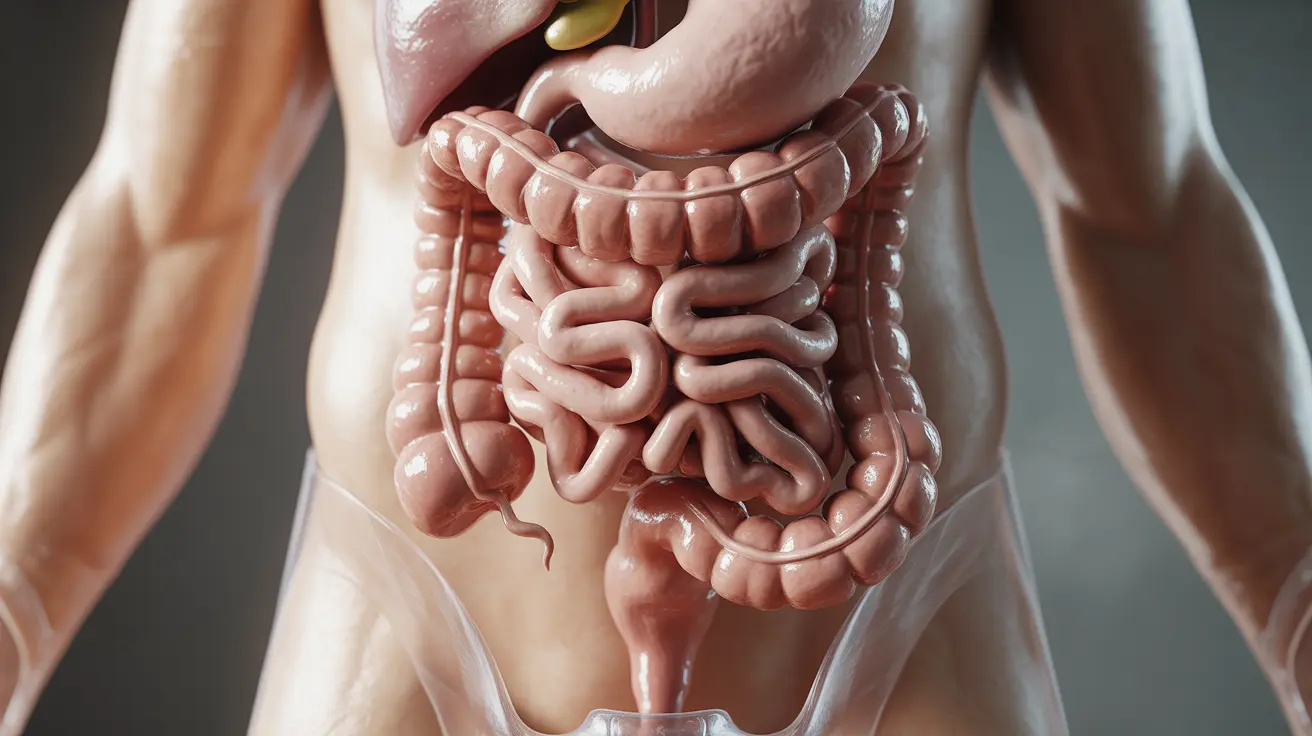Heartburn can be an uncomfortable and disruptive condition that affects millions of people. Understanding how to prevent heartburn through lifestyle modifications and dietary changes can significantly improve your quality of life and reduce the frequency of symptoms. This comprehensive guide will explore effective strategies to keep heartburn at bay.
Understanding Heartburn and Its Triggers
Before diving into prevention strategies, it's important to understand that heartburn occurs when stomach acid flows back into the esophagus. This backflow can be triggered by various factors, including diet, eating habits, and lifestyle choices. Identifying your personal triggers is the first step toward prevention.
Dietary Modifications for Heartburn Prevention
Making smart food choices plays a crucial role in preventing heartburn episodes. Some foods are more likely to trigger symptoms than others.
Foods to Avoid
Consider limiting or avoiding these common trigger foods:
- Citrus fruits and juices
- Tomatoes and tomato-based products
- Spicy or heavily seasoned foods
- Chocolate and mint
- Fatty or fried foods
- Coffee and caffeinated beverages
- Carbonated drinks
- Alcohol
Better Food Choices
Instead, opt for these heartburn-friendly alternatives:
- Lean proteins
- Non-citrus fruits
- Green vegetables
- Whole grains
- Low-fat dairy products
- Ginger
- Oatmeal
Meal Timing and Portion Control
How and when you eat can significantly impact heartburn occurrence. Consider these important guidelines:
- Eat smaller meals more frequently
- Avoid lying down for 2-3 hours after eating
- Have your last meal at least 3 hours before bedtime
- Chew food thoroughly and eat slowly
Lifestyle Changes for Heartburn Management
Weight Management
Maintaining a healthy weight is crucial for preventing heartburn. Excess weight can put pressure on your stomach, increasing the likelihood of acid reflux. Even modest weight loss can help reduce symptoms.
Sleep Position Adjustments
Elevating the head of your bed by 6-8 inches or using a wedge pillow can help prevent nighttime heartburn by keeping stomach acid from flowing back into the esophagus while you sleep.
Clothing Choices
Wear loose-fitting clothes, especially around your waist and stomach area. Tight clothing can increase pressure on your stomach and lower esophageal sphincter.
Natural Remedies and Home Solutions
Several natural approaches can help manage and prevent heartburn:
- Drinking aloe vera juice
- Chewing sugar-free gum after meals
- Using apple cider vinegar (diluted)
- Consuming chamomile tea
- Practicing stress-reduction techniques
Frequently Asked Questions
What are the best lifestyle changes to prevent heartburn and acid reflux?
The most effective lifestyle changes include maintaining a healthy weight, eating smaller meals, avoiding trigger foods, not lying down after eating, and elevating your head while sleeping. Regular exercise and stress management can also help reduce heartburn frequency.
Which foods should I avoid to reduce the risk of heartburn?
Common trigger foods include citrus fruits, tomatoes, chocolate, mint, spicy foods, fatty or fried foods, coffee, and alcohol. Keep a food diary to identify your personal triggers and eliminate problematic items from your diet.
How does meal timing and portion size affect heartburn prevention?
Eating larger meals can increase stomach pressure and acid production. Having smaller, more frequent meals and avoiding food 2-3 hours before bedtime can significantly reduce heartburn occurrence.
Can maintaining a healthy weight help in preventing heartburn episodes?
Yes, maintaining a healthy weight is crucial for preventing heartburn. Excess weight puts pressure on your stomach, which can force stomach acid up into your esophagus. Even modest weight loss can help reduce symptoms.
What home remedies and natural treatments are effective for managing heartburn at home?
Effective home remedies include chewing sugar-free gum after meals, drinking ginger or chamomile tea, using apple cider vinegar (diluted), and practicing relaxation techniques. Aloe vera juice and baking soda mixed with water can also provide relief.




